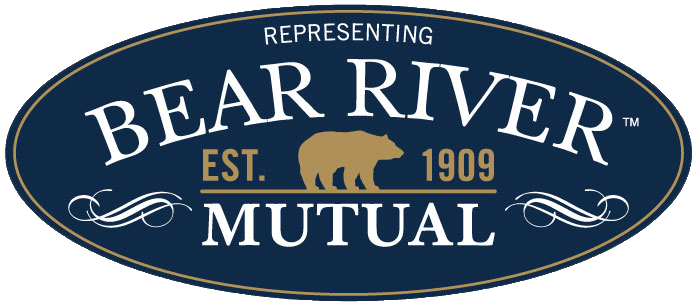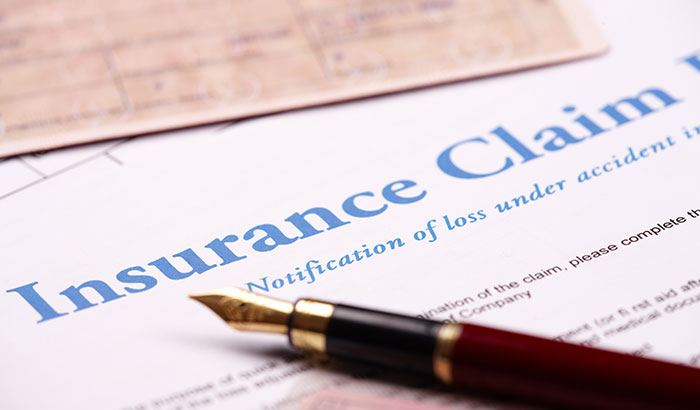Filing an insurance claim can feel intimidating, but with our helpful tips, there’s no reason to feel overwhelmed.
Reporting damage to your insurance provider in a timely fashion is essential. But many home, business, and vehicle owners can find the situation stressful and overwhelming. It’s not uncommon for people to get stressed out when there’s a reason to contact their insurance company to file a claim.
Between the fear of rejection or that you won’t get the amount of money you need to cover repairs, it’s no wonder people get worked up. These are certainly legitimate concerns. However, there are several things you can do to make filing a claim a bit less nerve-racking.
Below, you’ll find several tips you can implement to make filing a claim to your insurance a bit less intimidating. Continue reading to learn more.
7 Helpful Tips for Filing an Insurance Claim
- File Your Insurance Claim in a Timely Manner — Depending on your provider and your specific policy, you may have as little as one month or as long as three years to file your claim. Regardless of your policy, the best practice is to file as soon as possible. Get a handle on the damage done to your home, car, rental, business, or another insured belonging, gather all of the necessary information you will need, and file your claim as soon as you can. Waiting to submit a claim could delay reimbursement, especially if you submitted your claim because of a natural disaster. For example, if your car or home suffered damage from a storm, other homes in the area were likely also affected. The higher number of damaged homes means that there will be an influx of claims made and a greater demand for your insurance provider. Submitting your claim early could mean securing a spot closer to the front of the line.
- Understand Your Policy — It is essential for people to understand their policies thoroughly. You should take the time to learn what your policy covers, what deductibles apply, what your responsibilities are when accidents occur, and anything else specific to your policy. Look at your policy and verify that you have the necessary coverage now before something comes up and you need it.
- How to Know When to File an Insurance Claim — After an accident, many policyholders find themselves asking whether or not they should file a claim. Depending on the accident, some people believe it is not worth going through the claims process. As a general rule, here are three specific instances when you should strongly consider filing an insurance claim:
- When Someone Gets Hurt — An automatic reason to file is if you’re in a car crash and you, a passenger in either vehicle, or the other driver gets injured.
- When You Aren’t Certain Who is At Fault — Sometimes, there’s a bit of confusion or disagreement about who is to blame (or “at-fault”) for an accident. If you find yourself in this situation, it’s best to let all parties’ insurance companies figure it out.
- When You Cannot Afford to Pay for Damages or Suffer a “Total Loss” — When your home, business, car, etc., is completely totaled or damaged beyond repair, you’re probably looking and thousands, tens of thousands, or even hundreds of thousands of dollars in damages. Those hefty price tags are daunting, and most people won’t be able to handle them themselves.
Every situation varies from the next, so it’s best to touch base with a representative from your insurance provider to help you weigh out the pros and cons of filing a claim for your specific case.
- Be Prepared for the Unexpected — It’s considered a smart strategy by many to keep the deductible amount set aside in a savings account at all times. You never know when an accident will occur, and you’ll need to file a claim. Insurance is there to help you avoid financial ruin, but you’ll need to be able to cover your deductible before insurance will kick in and start helping.
- Hold On to Your Receipts — While you wait for reimbursement, you may spend some money out of pocket for expenses such as repairs or living situations. Make sure to save your receipts! Depending on your provider, your insurer may send you a check upfront. Even if that’s the case, the initial payment from your insurance company may not be enough to cover the total cost of repairs. If you want to get paid back entirely, you’ll need proof of the total amount you’ve spent.
- Documentation is Crucial — Taking pictures and creating an inventory list is one of the best ways to note your personal belongings, car, business, and property. Documenting your claim with photos will be helpful down the road if there’s an accident, theft, or another type of damage and you need to file a claim.
After an accident or event occurs, your first action should be to get to a safe location and call the necessary authorities, such as the police or an ambulance. Once that’s done, take pictures of the damage and the scene as soon as possible before you do anything else. You can never have too many photos. Take pictures from multiple angles, some with flash and some without it. The more information you can document, the better!
- Make Necessary Temporary Repairs — If you have a hole in your roof or a shattered window, you don’t have to wait for your insurance company to make repairs. You can make temporary repairs if it’s safe to do so as long as you’ve thoroughly documented the damage for your insurance provider and adjuster. Stopgap repairs can help prevent further problems, saving time, money, and headaches for both you and your insurance provider. Just remember to keep your receipts!
Contact Bear River Mutual Insurance for More Information
Filing an insurance claim might be intimidating, but there’s no reason to be stressed when you’re insured with Bear River Mutual Insurance.
If you need to buy health, car, life, business, or another type of insurance and live in Salt Lake, Provo, Orem, or a surrounding area along the Wasatch Front, contact the professional staff at Bear River Mutual Insurance. Our trusted team is here to help you find the best policy for you within your budget that meets your specific needs. Contact us to get your free quote or to learn more today.




